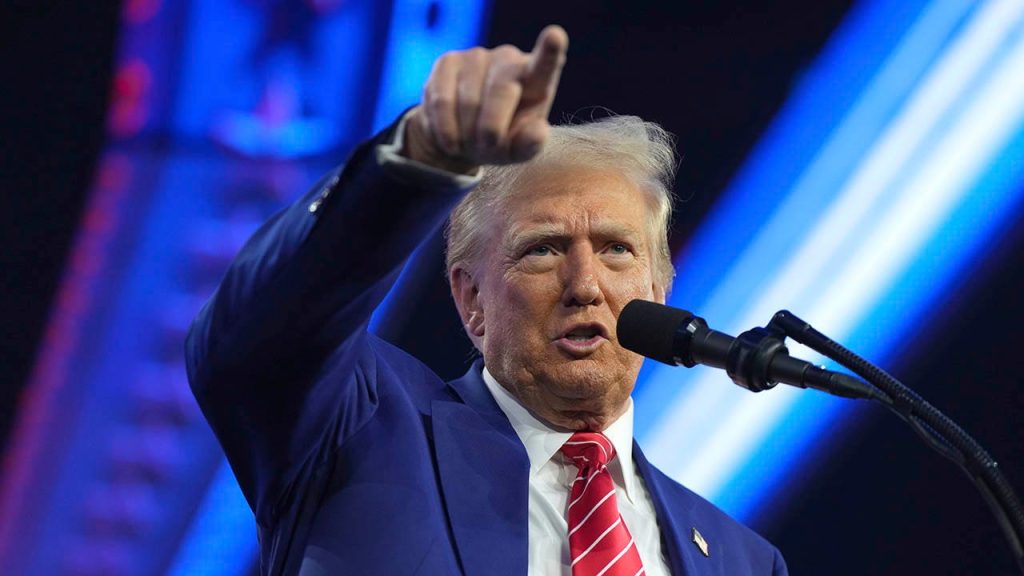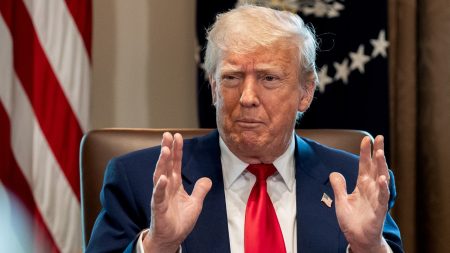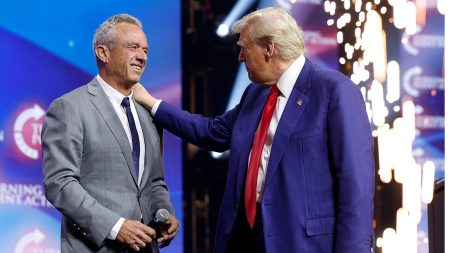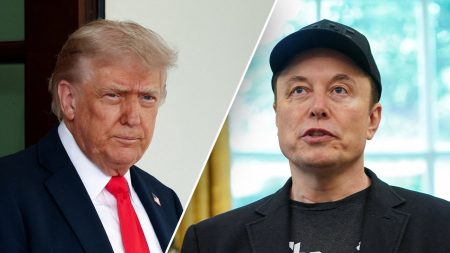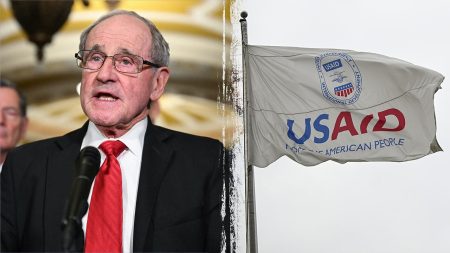The Trump administration’s invocation of the International Emergency Economic Powers Act (IEEPA) to impose tariffs represents a significant shift in trade policy, raising concerns about the potential for executive overreach and the long-term economic consequences. The administration justified this action by declaring a national emergency stemming from the “extraordinary threat” posed by illegal immigration and drug trafficking, particularly fentanyl. This justification linked national security concerns with trade policy, a connection that has been met with considerable debate. Critics argue that IEEPA was designed for genuine national security emergencies, not to address economic or social issues, and that its use in this context sets a dangerous precedent. They further contend that the declared “emergency” at the border does not meet the threshold envisioned by IEEPA, which traditionally has been reserved for responses to immediate and severe threats to national security, such as wartime scenarios or acts of terrorism.
The tariffs themselves represent a departure from established trade norms and agreements. Imposing a 25% additional tariff on goods from Canada and Mexico, two of the United States’ closest trading partners, signifies a substantial escalation in trade tensions. Similarly, the 10% additional tariff on Chinese imports further exacerbates the ongoing trade dispute between the two economic giants. While the administration argues that these tariffs are necessary to protect American industries and jobs, opponents contend that they will harm American consumers and businesses by increasing prices, disrupting supply chains, and inviting retaliatory tariffs from affected countries. This tit-for-tat escalation could lead to a trade war with significant negative repercussions for the global economy.
The differential tariff treatment of Canadian energy resources, subject to a lower 10% tariff compared to other Canadian imports, highlights the complexities and potential inconsistencies of this policy approach. While this lower tariff may reflect the United States’ dependence on Canadian energy, it also creates a potential loophole within the broader tariff regime. This differential treatment could be seen as arbitrary and unfair by other trading partners and could undermine the overall effectiveness of the tariffs in achieving their stated objectives. Furthermore, it raises questions about the true motivations behind the tariffs, questioning whether they are primarily driven by national security concerns or by other economic and political considerations.
The use of IEEPA to impose tariffs raises several legal and constitutional questions. The Act grants the President broad powers to regulate international commerce during national emergencies, but the scope and limits of these powers have been subject to ongoing debate. Critics argue that the Trump administration’s invocation of IEEPA in this context stretches the interpretation of “national emergency” beyond its intended meaning and encroaches on the powers of Congress to regulate commerce. This raises concerns about the separation of powers and the potential for executive overreach. Furthermore, the legality of using IEEPA for trade-related purposes has been challenged in the courts, adding another layer of complexity to the issue.
The economic consequences of these tariffs are likely to be multifaceted and far-reaching. While the administration argues that the tariffs will protect American jobs and industries, economists warn that they could lead to higher prices for consumers, reduced economic growth, and job losses in sectors affected by retaliatory tariffs. The imposition of tariffs on imports from Canada and Mexico, two key trading partners, could disrupt established supply chains and negatively impact businesses that rely on cross-border trade. The escalation of the trade dispute with China could further destabilize the global economy and lead to a decline in international trade. Ultimately, the long-term economic impact of these tariffs remains uncertain, but the potential for negative consequences is significant.
The political ramifications of this trade policy are also substantial. The tariffs have strained relations with key allies, including Canada and Mexico, and exacerbated tensions with China. This unilateral approach to trade policy has alienated some traditional allies and raised concerns about the United States’ commitment to international cooperation. Domestically, the tariffs have divided public opinion and sparked debate about the appropriate use of presidential power. The invocation of IEEPA has also raised concerns about the potential for executive overreach and the erosion of checks and balances. The long-term political consequences of this trade policy remain to be seen, but it has already reshaped the international trade landscape and created new challenges for global economic governance.
![Ginny and Georgia’s Paul Has Doubts Over Georgia Arrest, [Spoiler] Questions Their Sexuality](https://newsytribune.com/wp-content/uploads/2025/06/Ginny-and-Georgias-Paul-Has-Doubts-Over-Georgia-Arrest-300x158.jpg)



